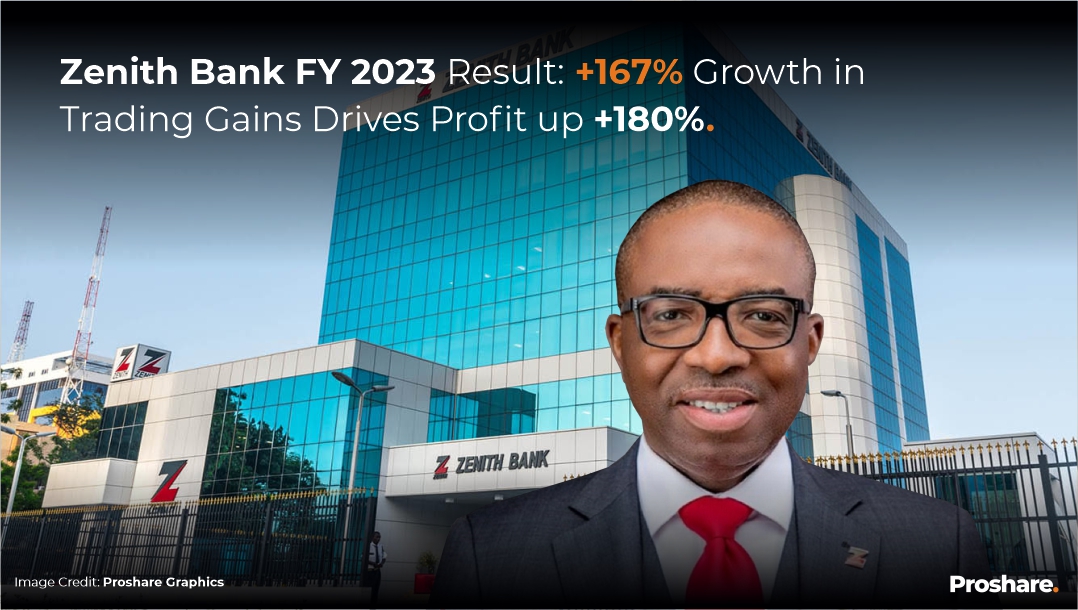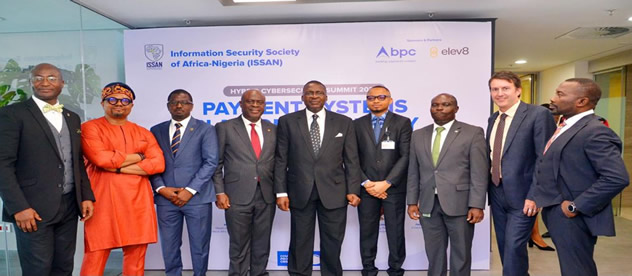The recent cybersecurity levy circular by the Central Bank of Nigeria (CBN) was one circular that was one too many. It drove a sharp dagger into the hearts of bank depositors as it added another layer of costs to an already overburdened bag of levies and taxes, which includes stamp duties, value-added tax (VAT), account maintenance fees, and electronic transfer fees charged by banks. According to one bank customer who requested anonymity, ‘With the new bank levy, you get a surreal feeling of being serially raped by fiscal gangsters.’
The crucial issues that require addressing include, but are not limited to, the following:
- Can public institutions be funded directly by bank deposit levies with the CBN as the collecting agent?
- Can the Office of the National Security Adviser (ONSA) receive unappropriated funding for activities?
- Since banks already charge fees for electronic transfers, does the electronic transfer levy for cybercrime protection not represent double taxation?
- Since cybercrime goes beyond bank accounts, would the levy not result in the problem of ‘free riders’, where people who do not conduct digital transactions are shielded from paying the levy while others bear the total cost of financial and digital identity protection?
- Should the levy not be seen as regressive since it penalises people for electronic/digital transactions that can be monitored while encouraging the use of anonymous cash, the primary source of funding illicit activities?
- Should ONSA be allowed to be a revenue-generating arm of government?
- Public officers miss the point about the cybercrime protection levy. It is not the size that is worrisome, but the notion that account holders will pay the government for a service already covered by financial institutions in their digital transfer charges. Besides, depositors’ funds up to N5m are already covered by the Nigeria Deposit Insurance Company (NDIC); why can't the NDIC not manage deposit protection, whether cyber or noncyber, in collaboration with the ONSA?
- How is it operationally feasible for banks to identify wage/salary payments for informal employment or activities for exceptions?
- How do we reconcile the disparities in the levy quoted in the 2018 and 2015/2024 circular (see illustration 1 below)?
Illustration 1:
The bank depositors’ anger, frustration, and disgust are real. Considering that bank customers have to deal with the consequences of double-digit inflation, that takes a swipe at the actual value of their savings and the depreciation of the naira in the foreign exchange (FX) market, which raises the cost of domestic goods and services, the fiscal authorities’ decision to pile an additional levy on individuals and households is like ‘kicking a critically injured lion to death. According to the earlier bank depositor, the Act is neither brave nor worthy. Nevertheless, it must be understood that the Act imposing the levy is not new, as it was first passed into law in 2018 and then amended in 2024; however, the logic behind the Act and the governance implications have been generally seen as undesirable, high-handed, and disruptive. The levy announcement has stirred sections of society to react.
For example, an economist and macroeconomic policy strategist wondered why the legislature would approve a bill that allows a federal government office through the CBN to levy charges on bank depositors for amounts not subject to appropriation and approval by the National Assembly (NASS). According to the economist, ‘You easily get lost in a maze of fiscal banditry and questionable public sector logic. For example, who decides how the Office of the National Security Adviser (ONSA) spends the funds raised? What are the budget head items for the spending? How is spending accountability assured? How constitutional is funding a national security office through bank deposit debits? Will bank deposits be the only areas of cyber protection?’. Analysts note that If cyber protection goes beyond bank deposits, why should the funding of ONSA rely on money in customers’ deposit accounts and electronic transactions from these accounts?
Proshare analysts observe that global best practice is to establish a ‘black budget’ for cyber protection-related issues, which has Senate Security Committee oversight. The funding is a fiscal arrangement based on standard operating protocols (SOPs) and does not distort the pricing of commercial activities such as electronic transactions on customer deposit accounts. To stretch the argument, if the naira were to come under a currency attack, would the CBN levy depositors’ bank accounts to repel the action of foreign currency speculators? If it did, how legal would it be? Fiscal intentions may be good, but policy execution frameworks are equally crucial; killing a child to solve the problem of a headache gets the job done but leaves a bigger ethical problem.
 Lagos, NG • GMT +1
Lagos, NG • GMT +1











 1478 views
1478 views



















































 Sponsored Ad
Sponsored Ad
 Advertise with Us
Advertise with Us









